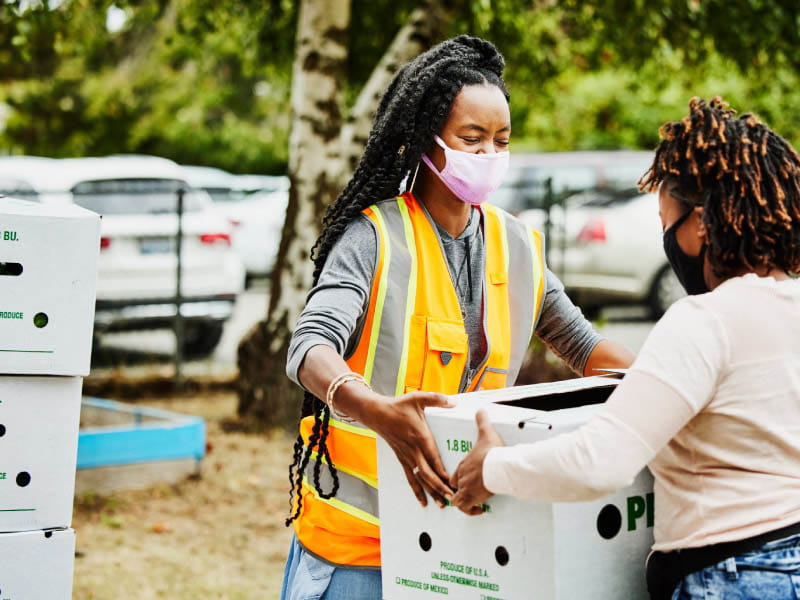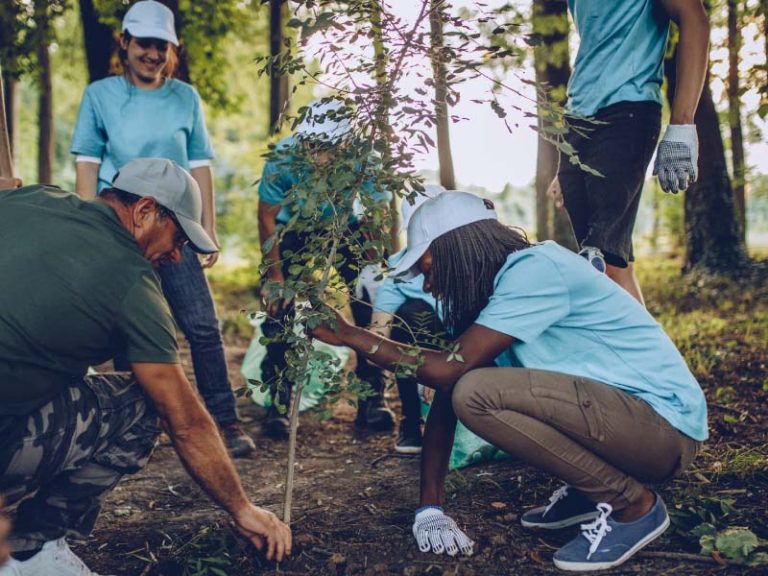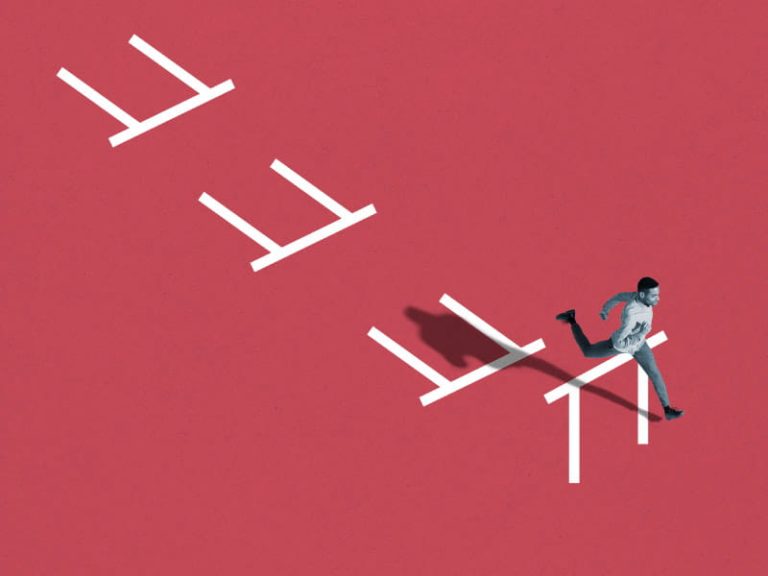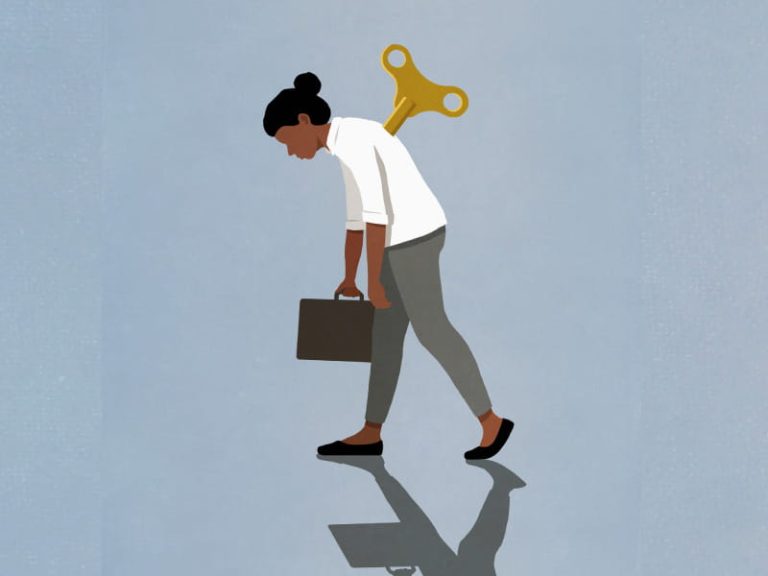How does kindness relate to happiness?
Might kindness be a magic elixir that makes us happier – and more healthy?
Analysis suggests acts of kindness like donating cash, volunteering and mentoring can enhance the giver’s emotional well being, however science is also learning how altruism improves bodily well being.
Acts of kindness can take many varieties, particularly amid Random Acts of Kindness Week from Feb. 13-19. It may be so simple as holding a door for somebody, to a dedication like donating blood or beginning a fundraiser. (The Random Acts of Kindness Basis has many concepts to get you going.)
The principle takeaway is that they promote social connection, stated Sonja Lyubomirsky, a psychology professor on the College of California, Riverside. That is particularly vital in the course of the pandemic as individuals have turn into extra remoted.
“They’ll strengthen relationships, enable you make new buddies, offer you a extra optimistic, optimistic outlook and allow you to be ok with your self,” stated Lyubomirsky.
Even simply recalling acts of kindness might promote well-being. Lyubomirsky led a 2019 examine revealed within the Journal of Optimistic Psychology exhibiting that when individuals recalled hugging a grandparent or shopping for lunch for a co-worker, as an illustration, their well-being improved as a lot as after they carried out the act.
Some analysis research hyperlink kindness with the discharge of neurotransmitters and hormones that contribute to temper and well-being. Waguih William IsHak, professor and scientific chief of psychiatry at Cedars-Sinai in Los Angeles, stated the hormone oxytocin specifically advantages general wellness due to its anti-inflammatory, pro-immunity and anti-stress results.
“Kindness, whether or not it’s skilled by way of performing random acts of kindness, loving kindness meditation or different means, has a profound influence on one’s well-being,” stated IsHak.
Researchers are also learning how altruism improves bodily well being in measurable methods, corresponding to decreasing blood stress or strengthening the immune system. One examine confirmed spending cash on others improved the cardiovascular well being of at-risk older adults recognized with hypertension.
One other examine checked out gene expression, the method that permits a cell to answer its altering surroundings, and examined adjustments linked to long-term bodily well being outcomes. That analysis concluded that incorporating “small acts of kindness” right into a every day routine might positively alter gene regulation.
“Few research have proven causal mechanisms between prosocial habits and enhancements in organic processes,” stated Lyubomirsky, one the authors of the 2017 examine revealed within the journal Psychoneuroendocrinology. “Our findings level to doable adjustments within the immune markers that affect illness improvement or resistance.”
Do all acts of kindness profit givers equally?
Lara Aknin, director of the Serving to and Happiness Lab at Simon Fraser College in British Columbia, Canada, stated emotional rewards are stronger when individuals give in methods which are socially related.
Aknin led a evaluate of analysis analyzing when and the way beneficiant actions are probably to spice up happiness, and when they don’t seem to be. The evaluation, revealed in 2020 in Social Points and Coverage Assessment, weighed the happiness influence of altruism utilizing three motivation components – autonomy, competence and relatedness – and concluded that probably the most rewarding experiences are these you voluntarily select to carry out (versus be being compelled to), these by which you see your efforts make a optimistic influence, and those who join you with different individuals.
“Individuals are inclined to get extra out of prosocial habits after they give in a face-to-face method and may see how their present helped somebody in want,” stated Aknin, who is also affiliate professor of psychology.
Her evaluate additionally suggests how organizations and public coverage could make prosocial actions extra emotionally rewarding, suggesting that even paying taxes may very well be extra satisfying if payers got extra optimistic suggestions in regards to the individuals and initiatives their tax {dollars} influence.
Researchers additionally wish to measure the sturdiness of the happiness we get from acts of kindness, Aknin stated. We really feel good proper after appearing generously and after we recollect it, however how lengthy does that final?
“We’d like massive research to check that,” she stated. “Whereas we do not know the longevity of a single act, we do know there’s a optimistic suggestions loop between generosity and kindness. Giving makes individuals happier, and happier individuals are extra doubtless to present.”







